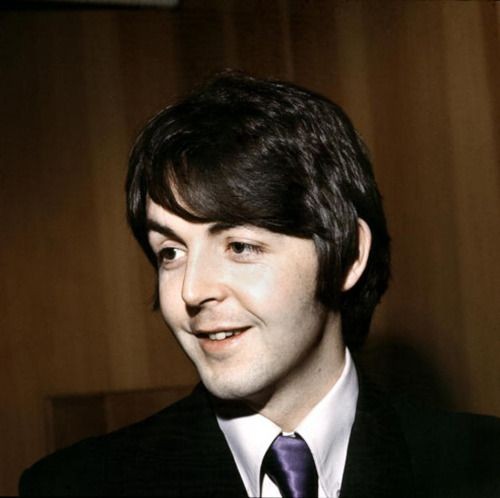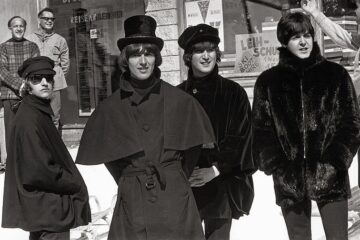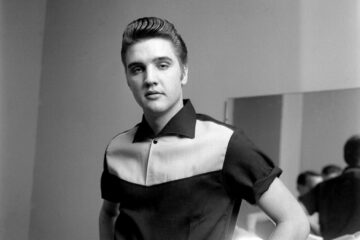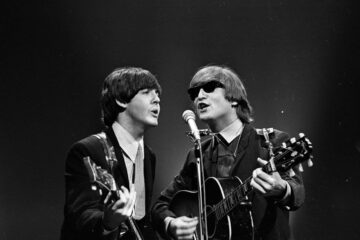In one song, Paul McCartney managed to touch on his life before The Beatles became famous, the turmoil within the group at the time, and an imagined future when he’d no longer be in the band. Such is the wondrous feat he pulled off with “You Never Give Me Your Money,” a shapeshifting highlight from Abbey Road, the band’s studio swan song.
What is the song about? How did McCartney pull it together from snippets of three separate songs? And who was the person giving The Beatles funny paper and igniting McCartney’s ire in the process? Let’s go back to the final days of the Fab Four’s time together to find out all the answers.
A Masterful Medley
After the debacle-like Let It Be sessions were abandoned unfinished, The Beatles decided to tie up loose ends by recording an album in their usual manner. That meant using traditional studios, adding plentiful overdubs, and getting creative with song structure. “You Never Give Me Your Money” was an amalgam of three different pieces of music Paul McCartney had begun writing.
The Beatles had done something similar with the John Lennon track “Happiness Is a Warm Gun” on the White Album the previous year. They had learned how to make those disparate sections into a cohesive whole via clever transitions. On “You Never Give Me Money,” that meant a quiet ballad part segued into a jaunty saloon-style section before settling into a chugging, rocking rhythm.
In that way, these smallish pieces could be used to make larger statements. Pretty much the entire second side of Abbey Road was given over to these mashups. The Beatles would even reprise the melody of the first part of “You Never Give Me Your Money” in the song “Carry that Weight,” which itself was part of a different medley, later on in the album.
See You in the Funny Paper
The Beatles had indeed decided to make Abbey Road as a way to wash the bad taste of Let It Be out of their mouths. But that in no way papered over the issues that they were having as a band. And the main problem was deciding who would act as the band’s manager. It was a job left open ever since the death of Brian Epstein in 1967.
John Lennon, George Harrison, and Ringo Starr all cast their lot with Allan Klein, the businessman who had worked with The Rolling Stones. McCartney was the lone holdout. As the group had always insisted that decisions be made unanimously, the standstill was one that they just couldn’t figure out how to break.
Those frustrations rose to the surface for McCartney as he wrote “You Never Give Me Your Money.” To his credit, Lennon knew McCartney was taking aim at Klein with the song and didn’t object. But then again, he was already planning his exit from the band, which he would announce at a meeting in September 1969.
What is the Meaning Behind “You Never Give Me Your Money”?
The opening section of “You Never Give Me Your Money” allowed Paul McCartney to vent his dissatisfaction with Allan Klein. McCartney felt Klein was being dishonest, with the phrase funny paper referring to the empty promises that took the place of the actual money the band wanted to receive.
In the second verse, McCartney hearkens back to a much more innocent time, one where the lack of requirements was a joy: And oh, that magic feeling / Nowhere to go. In the final verse, he references getting away with someone special (his wife Linda) as an ideal that he’s been able to realize: One sweet dream came true today.
With that final section, McCartney seemed to be looking at the bright side as he imagined what life without the Fab Four might be like. He’d find out soon enough if that prediction was right. The panoramic view of The Beatles presented by “You Never Give Me Money” somehow seems even more poignant considering that Paul McCartney was taking it at the very end of the band’s time together.



